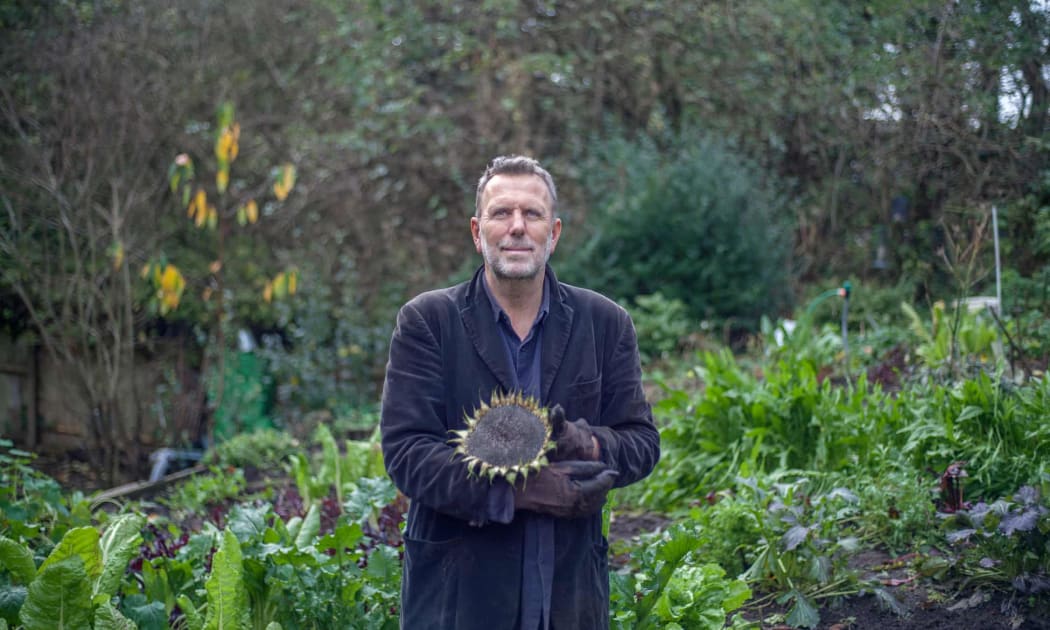Allan Jenkins was brought up in the countryside in England, next to a river - a place where he first began to appreciate the magical times of dawn and dusk, when owls would fly.
But mornings, in particular, are where the magic really lies, he says.
“Mornings are like Narnia.”
Jenkin’s book Morning: How To Make Time - A Manifesto is a diary of and a treatise to the sublime time before dawn.

Photo: Guardian
As someone who works in newspapers and is editor of Observer Food Monthly - far from a restful life - Jenkin takes time for himself in the morning as a way to protect himself and his wellbeing.
“When I was a kid there was the Lion, the Witch and the Wardrobe and there was a seemingly normal door and you stepped through it into something else and for me, morning gives me that, it’s a way that I step outside of the rush of the day and the thoughts of the day and the people of the day, into something more creative, more nurturing."
The key to early mornings is to take time for yourself, not to do your laundry, he says.
“I think time is like a pet, or a school friend who waits for you patiently to come and play.”
Jenkins is the kind of person that doesn’t need an alarm; he puts his head to the pillow and falls asleep. In the morning, he just wakes up naturally.
He never puts on lights when he get’s out of bed, even in the dead of winter.
“That’s the other thing you discover, it’s never really dark and there’s something actually quite special about moving around a house in what seems to be dark, you’re aware of the space in a different way.
“If I turn on the light the room gets small… I think we’re more creatures of light and night than we think we are.”
For Jenkins, writing becomes easier in the morning, it flows in a different way.
“One of the reasons for sleep is that you clear clutter and you clear poisons and you process food and you wake up clearer. Your body is alert about half an hour before you.”
Sometimes Jenkins will garden, walking to his veggie plot in the early morning before there’s anyone else around.
“I’m walking there and I’ll disturb a fox and the fox will just kind of look at me and ignore me and it might literally hide behind a tree and almost play with me. Hawks will come while I’m gardening and sit on a branch about six feet from me because at that time of day I’m not a predator.”
Jenkins says getting up early charges him, and still gives him time to do the things he needs do.
“Time is more timeless at that time, I’m not rushing, rushing can wait.”
Jenkins appreciates the light, he writes at a window facing east and watches the sun come up in the morning, noticing the change in light as the seasons change.
“I think our lives changes when we invented the clock somehow we thought that freed us from being natural, or living a more natural life. We had artificial light… and therefore we thought we had control over it and I don’t think we have control over it.”
He says we’ve now made changes so that we can do business 24 hours a day.
“It’s this idea that we’re always at someone’s beck and call, and we’re not, there’s something glorious about hearing the first blackbird.”

